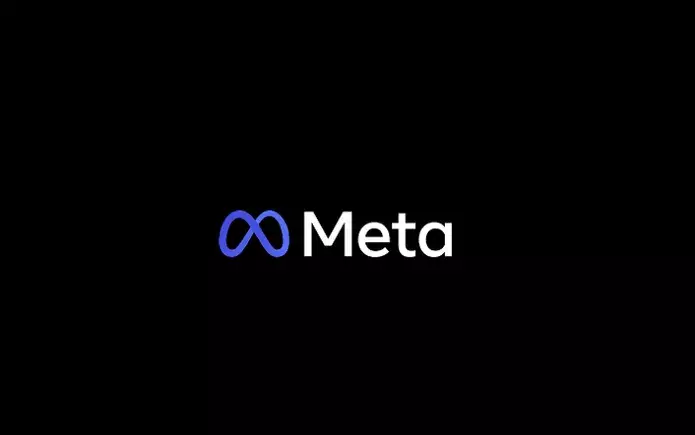In an age defined by rampant digital connectivity, the security of personal information has taken center stage. Meta, parent company of WhatsApp, recently celebrated a pivotal legal victory that could establish a groundbreaking precedent in combating spyware—an issue that continues to threaten the privacy of countless individuals worldwide. This critical case revolves around the infamous Pegasus spyware, developed by the NSO Group, which has gained notoriety for its brutal effectiveness in compromising user privacy without consent.
In 2019, a disturbing revelation emerged: WhatsApp users were unknowingly entangled in a web of surveillance, with malware infiltrating their devices through a malicious video calling feature. The inability to require user interaction—meaning that even unanswered calls could initiate the malware—has raised significant alarms about the lengths to which these spyware creators will go to exploit personal information. Users rely on these platforms for communication, intimacy, and daily operations; thus, the potential for invasive data breaches calls for urgent action.
Meta’s Strategic Legal Offensive
Meta’s response to this incident was not merely reactive but strategic. By collaborating with cybersecurity experts from Citizen Lab, Meta sought to expose the vulnerabilities in its platform while also holding NSO accountable for deploying its draconian spyware tool. In its legal narrative, Meta articulated the grave consequences of Pegasus, describing it as a covert weapon capable of harvesting every kind of user data and even activating a device’s camera or microphone without the user’s knowledge. This ominous capability positions NSO not just as a software vendor but as a conspirator in enabling unwarranted surveillance that violates personal privacy rights.
The legal argument presented by Meta took an essential departure from targeting individual hackers or perpetrators. Instead, it focuses on the entity that creates and distributes potentially harmful software. This adaptive approach is noteworthy, as it targets the foundational issues surrounding the development and dissemination of invasive surveillance technologies. As a result, a federal jury heard the arguments and agreed with Meta, giving the green light for the company to pursue damages against NSO.
The Broader Implications of the Verdict
The implications of this legal victory extend beyond the immediate conflict between Meta and NSO. With the jury’s endorsement of Meta’s claims, companies that manufacture similar spyware now face heightened scrutiny and potential litigation risks. This scenario could pave the way for a more stringent regulatory framework addressing how sensitive data is collected, stored, and utilized.
Moreover, the ruling sends a clear message to the tech industry: the status quo of vaguely regulated spyware that invades the private lives of users may no longer be tenable. As Meta has pointed out, such intrusions can lead not only to personal harm but also to significant legal consequences for developers whose tools are misused. The holistic approach of exposing the product and its creator rather than individual misuses may catalyze a broader shift in how digital privacy is understood and enforced in the legal arena.
A Turning Point in Digital Privacy Legislation
While this legal victory marks a significant shift, it also invites broader discussions about the ethics of data scraping, user consent, and transparency in technology. Many developers have previously claimed that such spyware can be utilized for purposes beyond data extraction, but the meta-landscape is changing. This case could effectively outlaw the use of spyware in social media contexts, establishing a legal framework whereby unauthorized access to user data, irrespective of its intent, can yield severe repercussions.
By addressing the maliciously covert methods employed by spyware developers, this case serves as a clarion call for industry reform. Stakeholders in the tech community must now reassess their practices and ensure that user privacy remains paramount in the design and deployment of applications. The fate of such technologies will inevitably come under increased legislative scrutiny, paving the way for a more secure digital future where user consent is not an afterthought but rather a foundational element.
In this rapidly evolving digital landscape, where personal information is a prized commodity, the fight for privacy and security has never been more significant. The ruling against NSO is not just a win for Meta; it’s a monumental stand for users everywhere, reinforcing the need for ethical standards and robust legal frameworks to safeguard our digital worlds.

